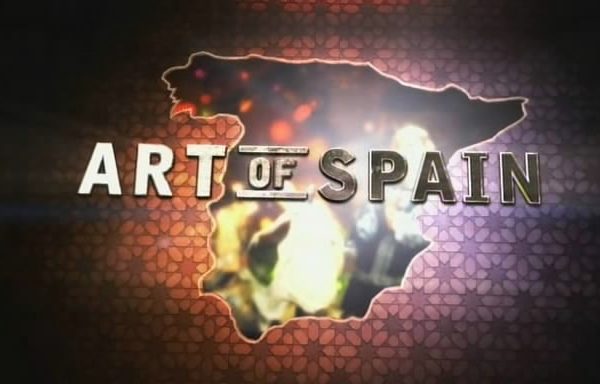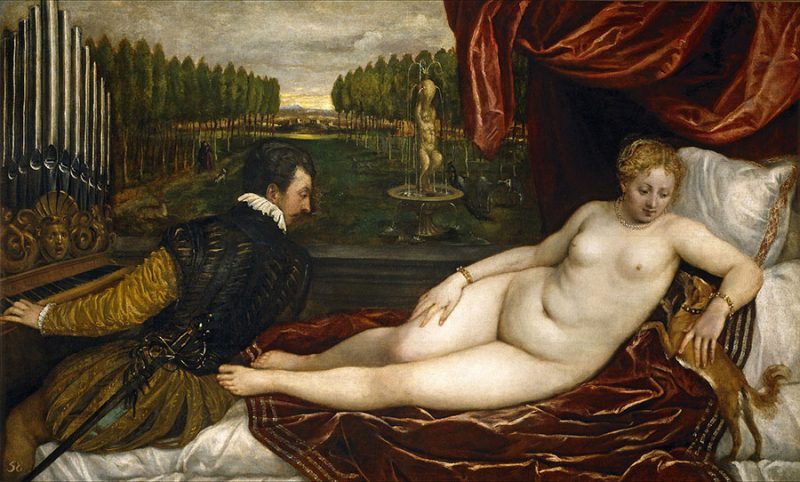Write Around the World with Richard E. Grant episode 3: Book and travel lover Richard E. Grant journeys to Andalucia, visiting Granada, the Alpujarras, the Taja Gorge, Almuñécar and Marbella, in the footsteps of writers inspired by the country, its culture and history.
Reading key passages from their books as he goes along, including works by Federico García Lorca, Ernest Hemingway, Laurie Lee and JG Ballard, Richard not only learns about the lives of these great authors, but also experiences many of the places immortalised in the literary classics they created.
Richard E. Grant is an actor and writer who was born in Swaziland (now known as Eswatini) in 1957. He has appeared in numerous films, television shows, and stage productions, and is known for his versatility and range as an actor. Grant has received critical acclaim for his performances in a variety of roles, and has won numerous awards for his work. Some of his notable films include Withnail & I, How to Get Ahead in Advertising, and Bram Stoker’s Dracula. He has also appeared in a number of popular television series, including Doctor Who, Downton Abbey, and Game of Thrones. In addition to his acting career, Grant is also an accomplished writer, and has written several books about his life and career.
Write Around the World with Richard E. Grant episode 3
Ernest Hemingway
Ernest Hemingway was an American novelist, short story writer, and journalist. He was born in 1899 in Oak Park, Illinois, and he is considered one of the most influential writers of the 20th century. Hemingway’s writing style is characterized by its simplicity and economy of language, and his works often deal with themes of loss and redemption, as well as the human condition in the face of war and other challenges. Hemingway was a war correspondent and adventurer, and many of his works are based on his own experiences. He received the Nobel Prize in Literature in 1954, and he is widely considered one of the greatest writers in American literature.
Ernest Hemingway is known for his simple, direct writing style, which is characterized by short, declarative sentences and an absence of unnecessary words or flourishes. Hemingway’s writing is often described as “lean,” as he strived to use only the most necessary words to convey his meaning. He also employed a technique called “the iceberg theory,” in which he suggested that a writer should only include the most essential information in a story and leave the rest to the reader’s imagination. This approach allows Hemingway’s writing to be spare and evocative, and it allows readers to connect with the characters and themes in his works on a deeper level. Hemingway’s style has had a lasting influence on American literature and has inspired many other writers to adopt a similarly straightforward and unadorned approach to their writing.
Federico García Lorca – Write Around the World with Richard E. Grant episode 3
Federico del Sagrado Corazón de Jesús García Lorca, was a Spanish poet, playwright, and theatre director. García Lorca achieved international recognition as an emblematic member of the Generation of ’27, a group consisting mostly of poets who introduced the tenets of European movements (such as symbolism, futurism, and surrealism) into Spanish literature.
He initially rose to fame with Romancero gitano (Gypsy Ballads, 1928), a book of poems depicting life in his native Andalusia. His poetry incorporated traditional Andalusian motifs and avant-garde styles. After a sojourn in New York City from 1929 to 1930—documented posthumously in Poeta en Nueva York (Poet in New York, 1942)—-he returned to Spain and wrote his best-known plays, Blood Wedding (1932), Yerma (1934), and The House of Bernarda Alba (1936).
García Lorca was gay and suffered from depression after the end of his relationship with sculptor Emilio Aladrén Perojo. García Lorca had a close emotional relationship for a time with Salvador Dalí, who said he rejected García Lorca’s sexual advances. García Lorca was assassinated by Nationalist forces at the beginning of the Spanish Civil War. His remains have never been found, and the motive remains in dispute; some theorize he was targeted for being gay, a socialist, or both, while others view a personal dispute as the more likely cause.
Federico García Lorca was a Spanish poet, playwright, and theater director who is known for his unique and innovative style. His writing is characterized by its lyricism, passion, and emotional depth. Lorca’s works often deal with themes of love, death, and social injustice, and they are infused with a sense of melancholy and longing. One of the most distinctive features of Lorca’s writing is his use of imagery and symbolism. He frequently employs metaphors, similes, and other literary devices to convey his ideas and emotions in a powerful and evocative way. Lorca’s writing is also marked by its musicality and rhythmic quality, as he often used traditional Spanish forms such as the sonnet and the ballad to structure his poems.
Lorca was a pioneer of the theater of the absurd, and his plays are known for their surreal and often dreamlike qualities. He was a master of dramatic structure and used a variety of techniques, such as nonlinear narratives and fragmented dialogues, to create a sense of disorientation and uncertainty in his plays. Lorca’s writing continues to be highly regarded and is considered some of the most important and influential literature in the Spanish language.
JG Ballard
J.G. Ballard was an English novelist, short story writer, and essayist who is best known for his science fiction and dystopian fiction. He was born in 1930 in Shanghai, China, and he spent much of his childhood in internment camps during World War II. These experiences had a profound impact on Ballard’s writing and worldview, and many of his works explore the psychological and societal effects of extreme situations, such as war, disaster, and isolation.
Ballard’s writing style is characterized by its clinical detachment and spare, precise language. He often used scientific and technological themes in his work, and he was known for his ability to create a sense of unease and discomfort in his readers through his use of surreal and disturbing imagery. His works often explore the darker side of human nature and the ways in which technology and society can shape and distort our perceptions and behaviors.
Ballard’s writing has had a significant influence on the science fiction genre, and his works have been widely translated and adapted into other media. He was recognized for his contributions to literature with the Guardian Fiction Prize and the François Mauriac Prize, among others.




